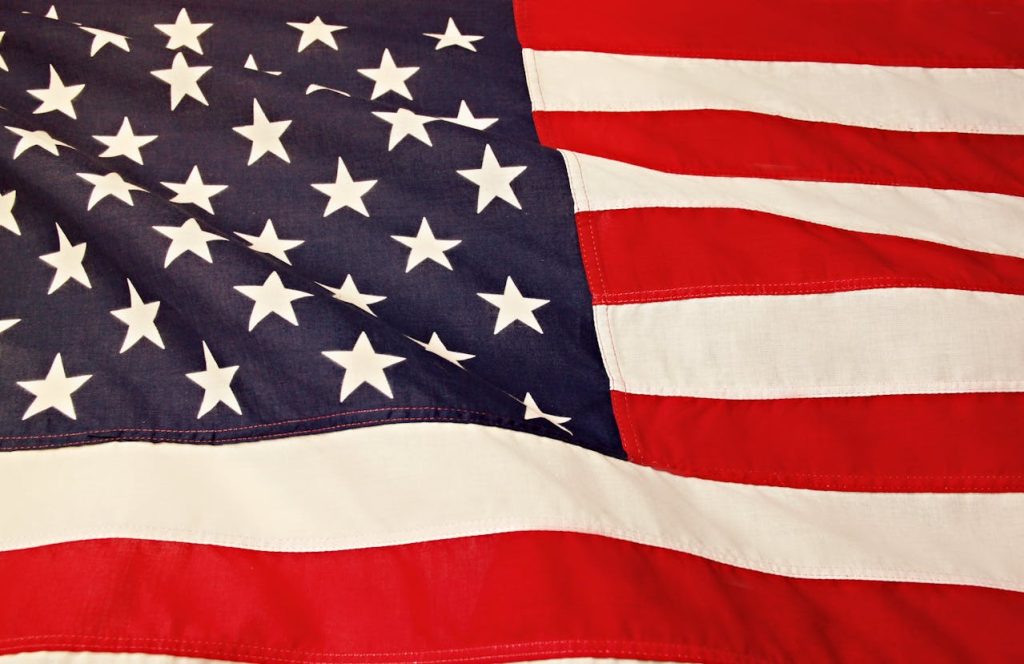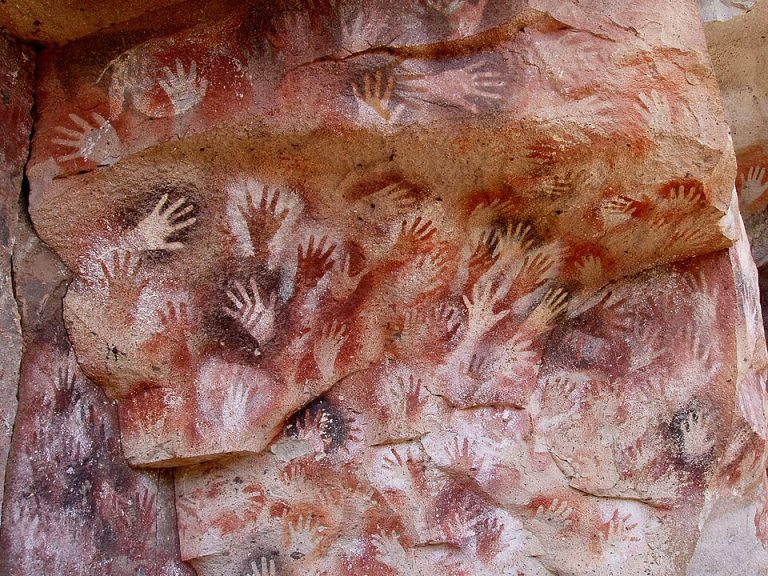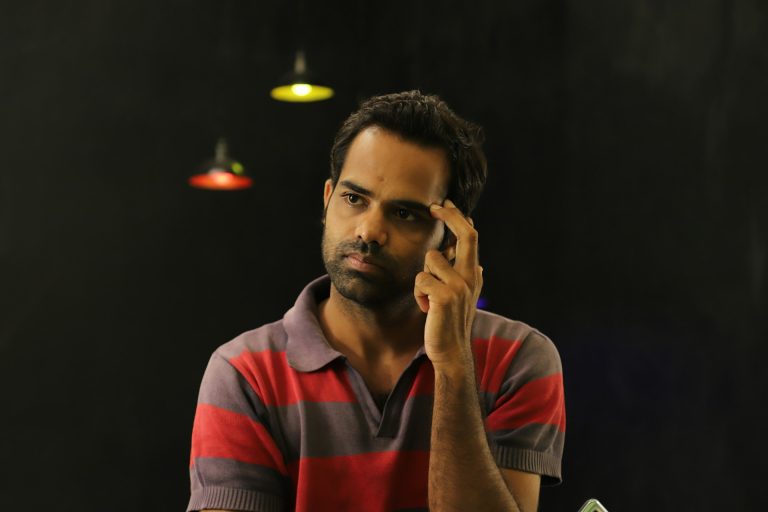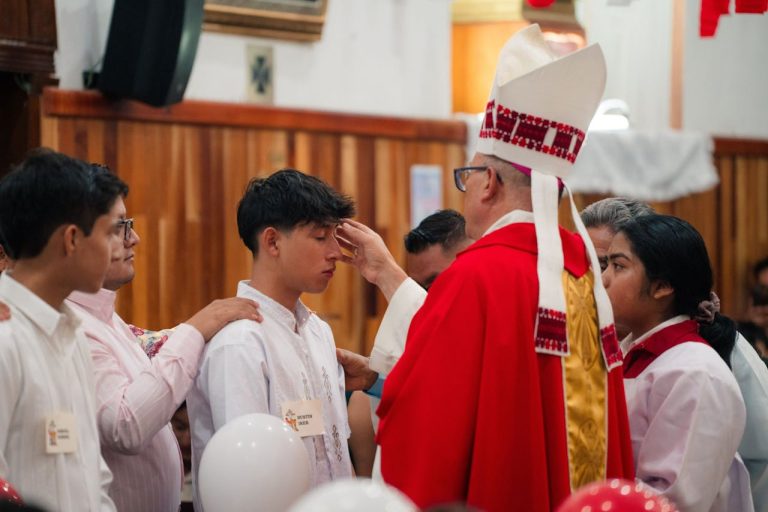One of the most fascinating religious processes is the ongoing production of various Protestant theologies and systems.
Some Protestant organizations came from political pressure. The Lutherans and Anglicans typify religions produced by political authorities. Rulers wanted to keep money from being sent out of their countries, thought they should control the appointment of bishops, and, in general, wanted to be in charge of everything. So, a few of them invented and installed their own religions. Often, they used the same titles and structures of The Catholic Church. Great pressure was put on Catholics to convert to the new religions. Many were able, in the soul-test of their times, to remain faithful.
Other groups came from reaction to the state-approved Protestants. These include the Quakers, Puritans, Methodists, and Presbyterians in England; Baptists, Mennonites, and Calvinists on the Continent.
Still other denomications came from a desire to obtain more direct political power. The Moslems, largest of the Protestant religions, reduced Jesus to the status of a prophet to help their appeal among the Catholics in the many countries they conquered. Their holiest book has a great deal in it about dividing up loot, enslaving, and controlling. Parts of it are a manual for conquest.
The United States was fertile ground for new religions. Shakers, Mormons, Dispensationalists, and literally thousands of other groups were formed, each appealing to people with particular inclinations. Individual tendencies were justified with what often appeared to be Christian ideas. Countless millions wandered off, lost among the towering egos of their leaders.
Denominations that believe in The Trinity are closest to God. If the Roman Catholic Church is visualized as the center of a target, the Trinitarian denominations are in the circle around it. Beyond that circle, chaos increases.








